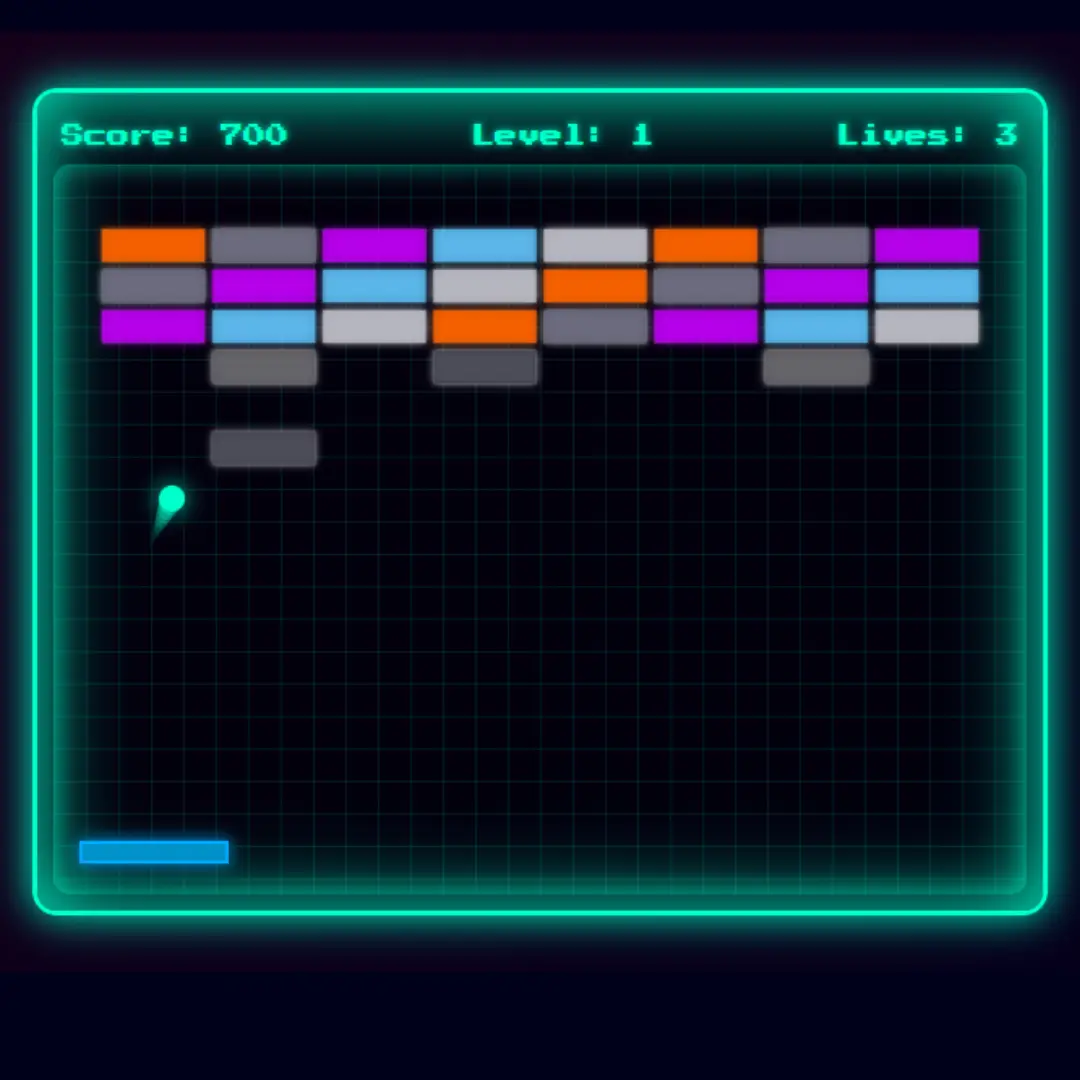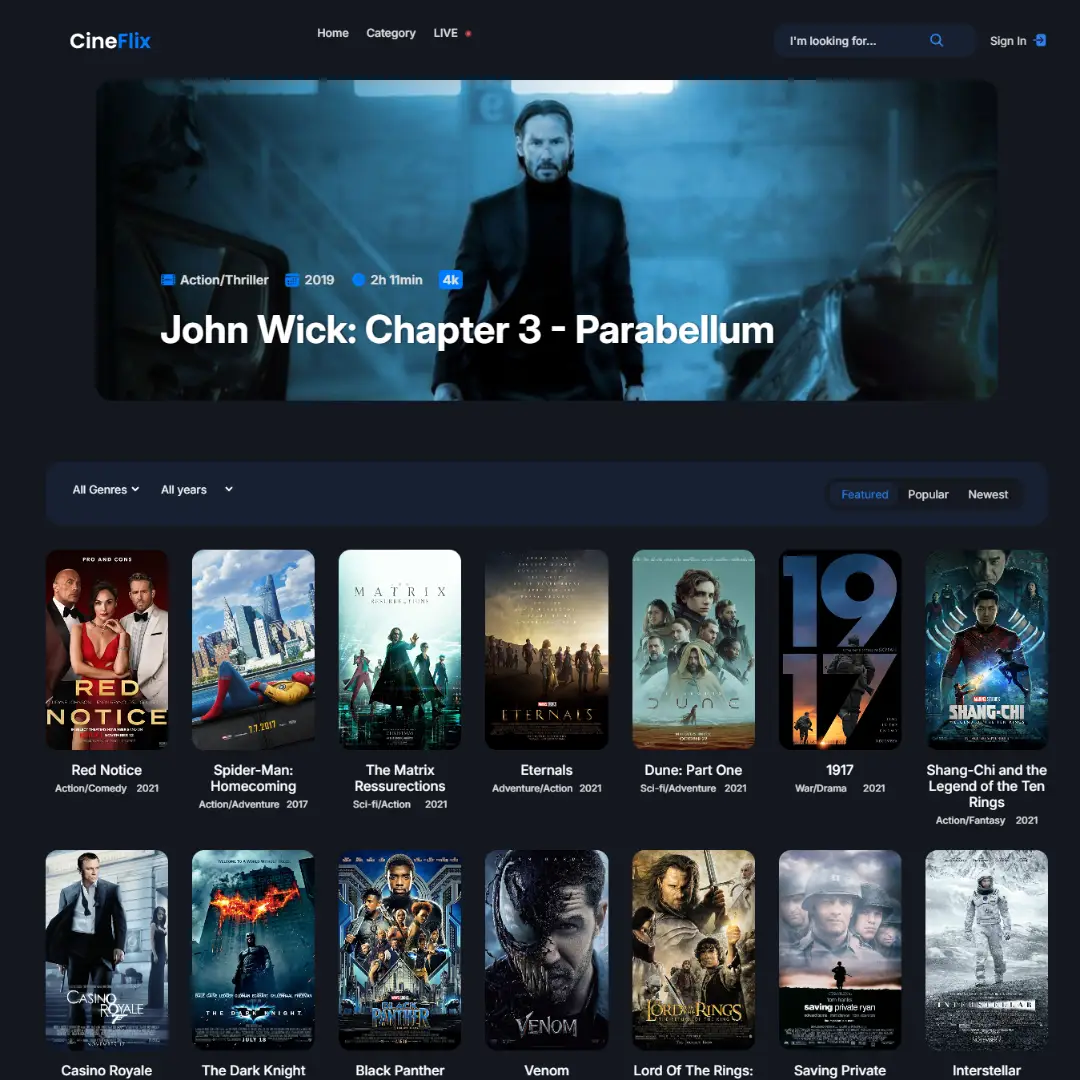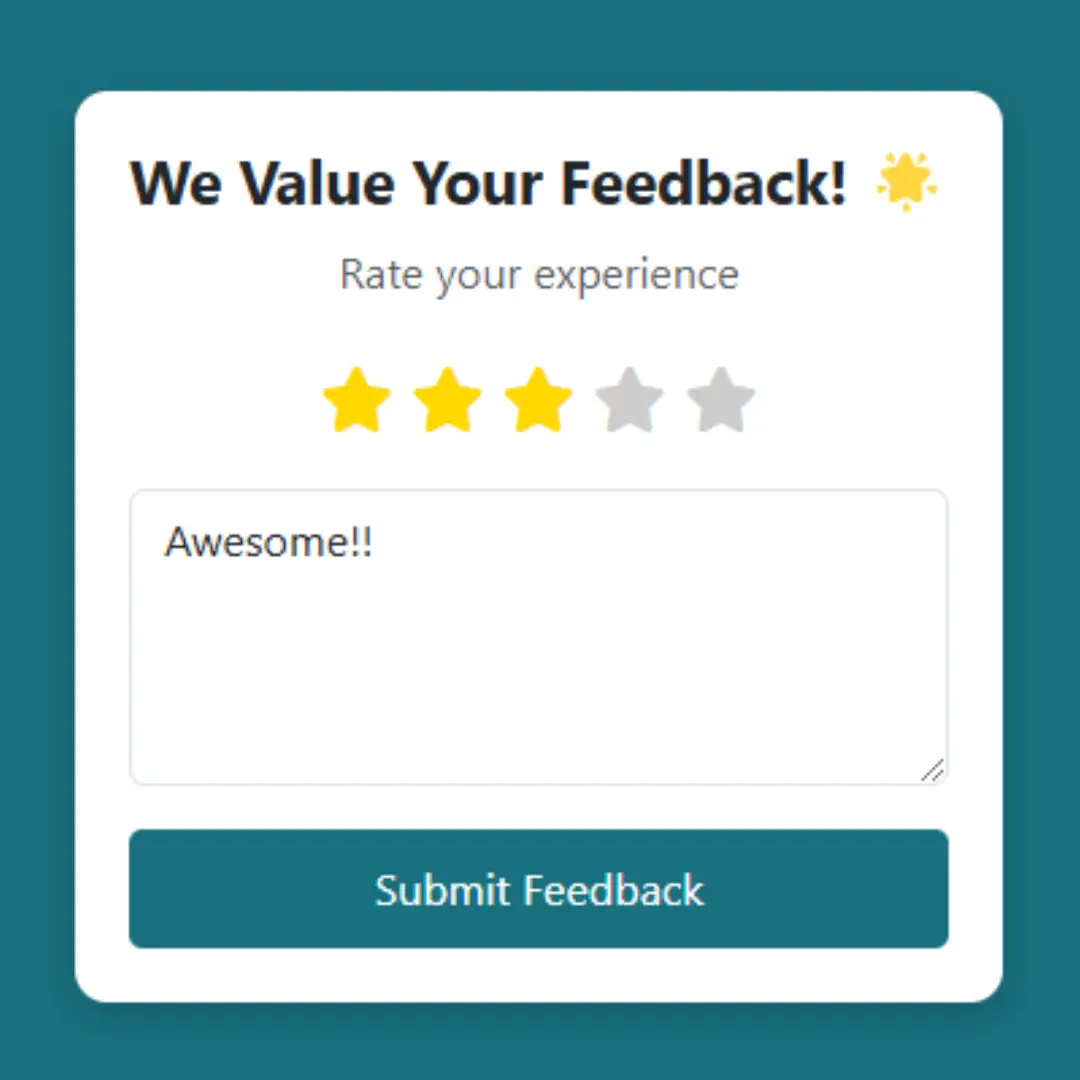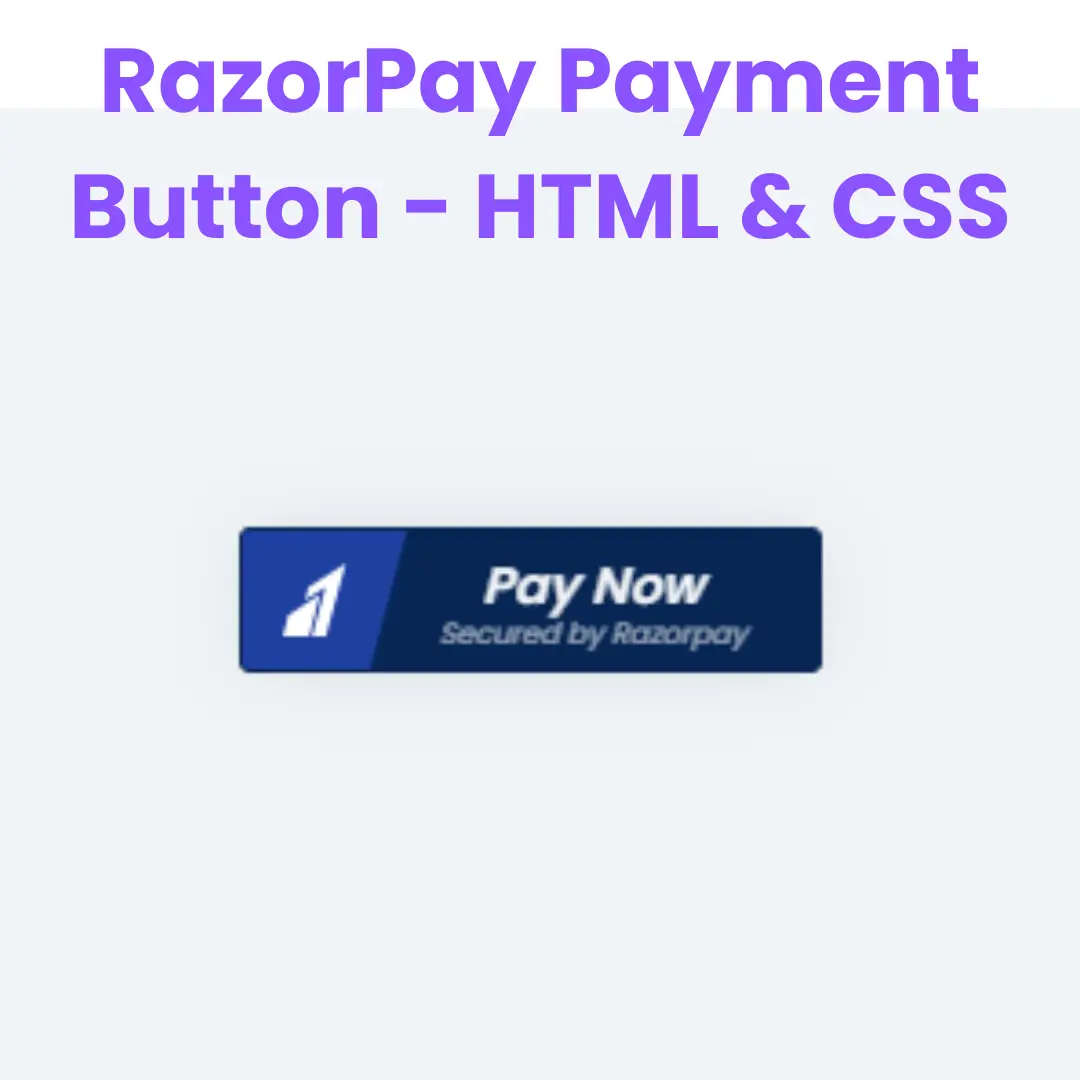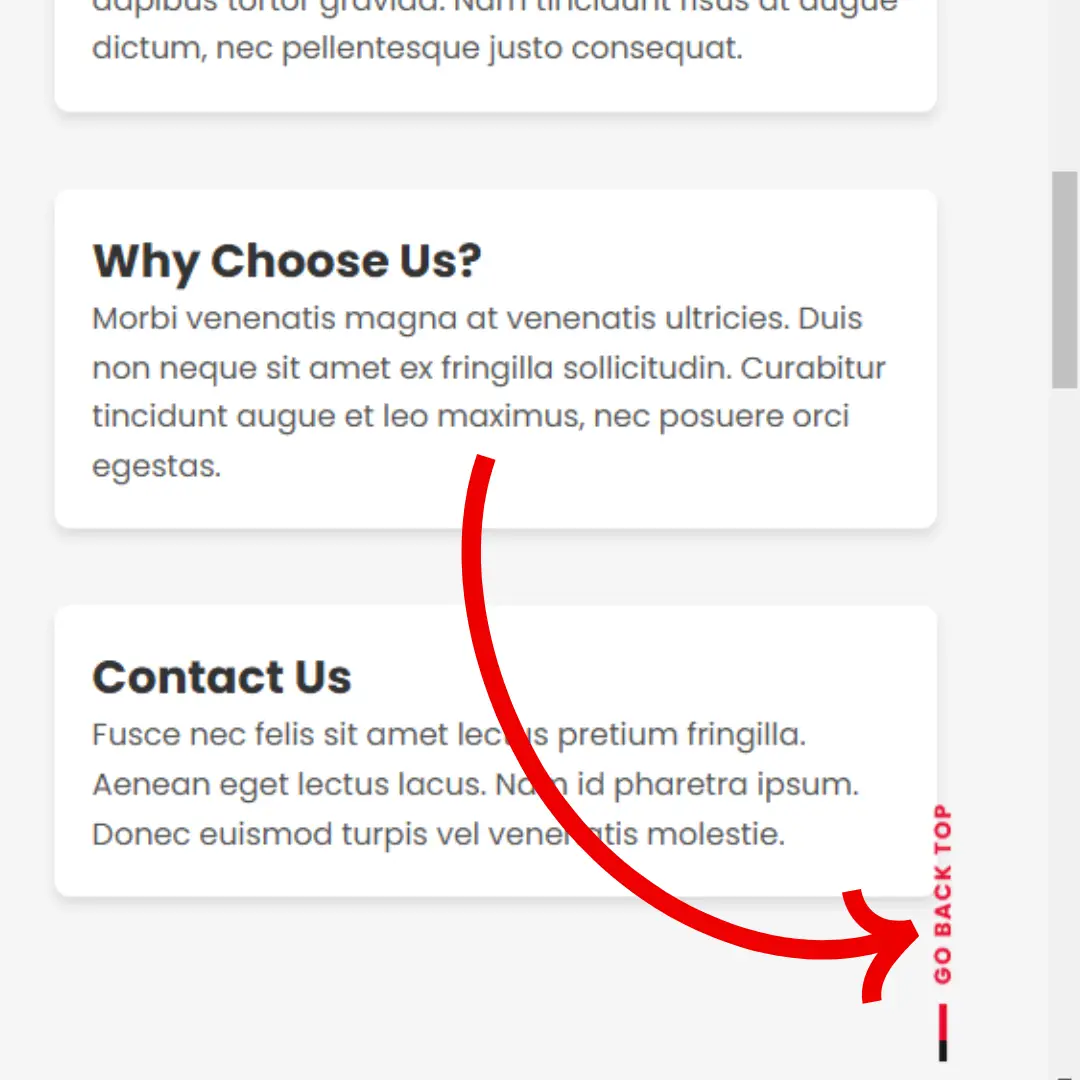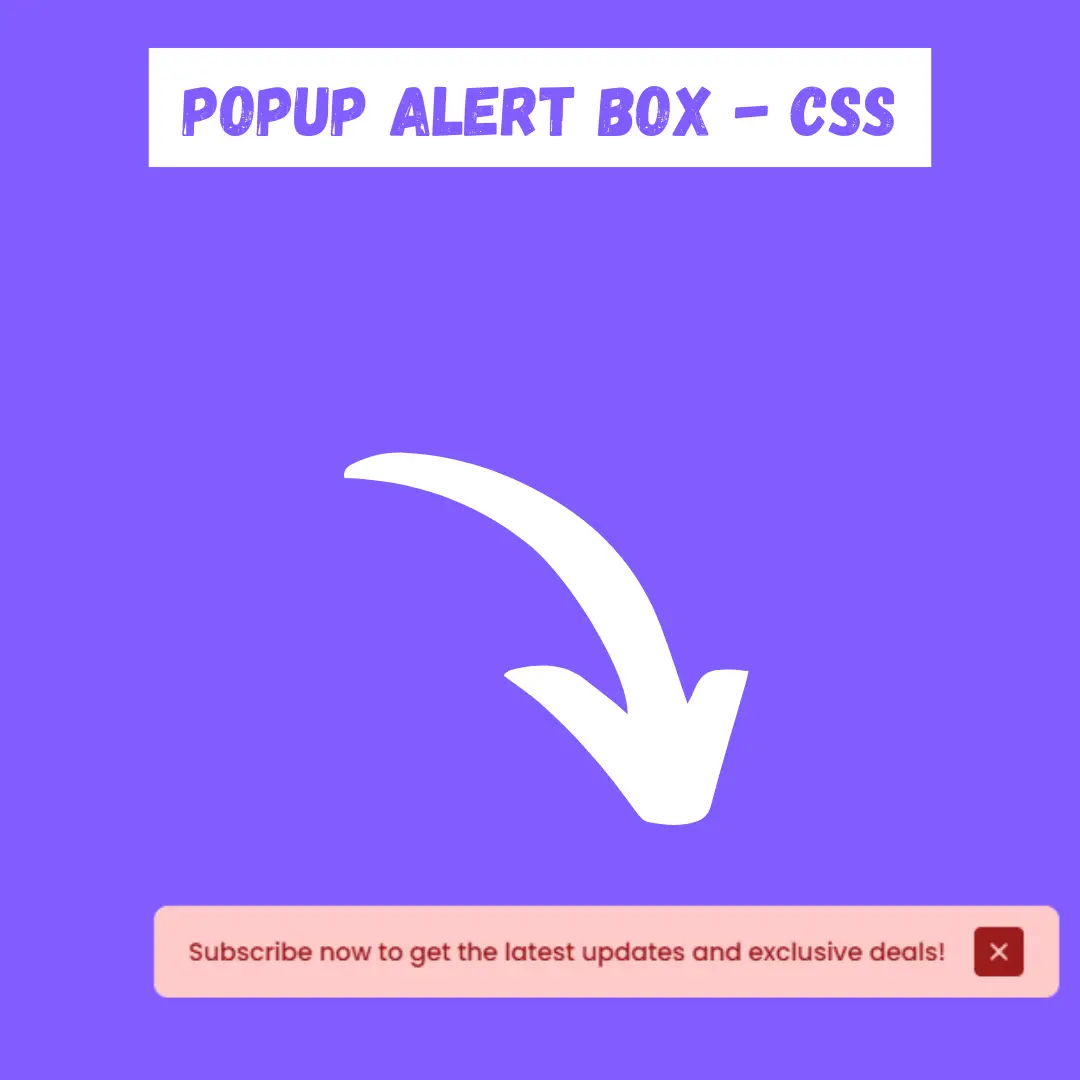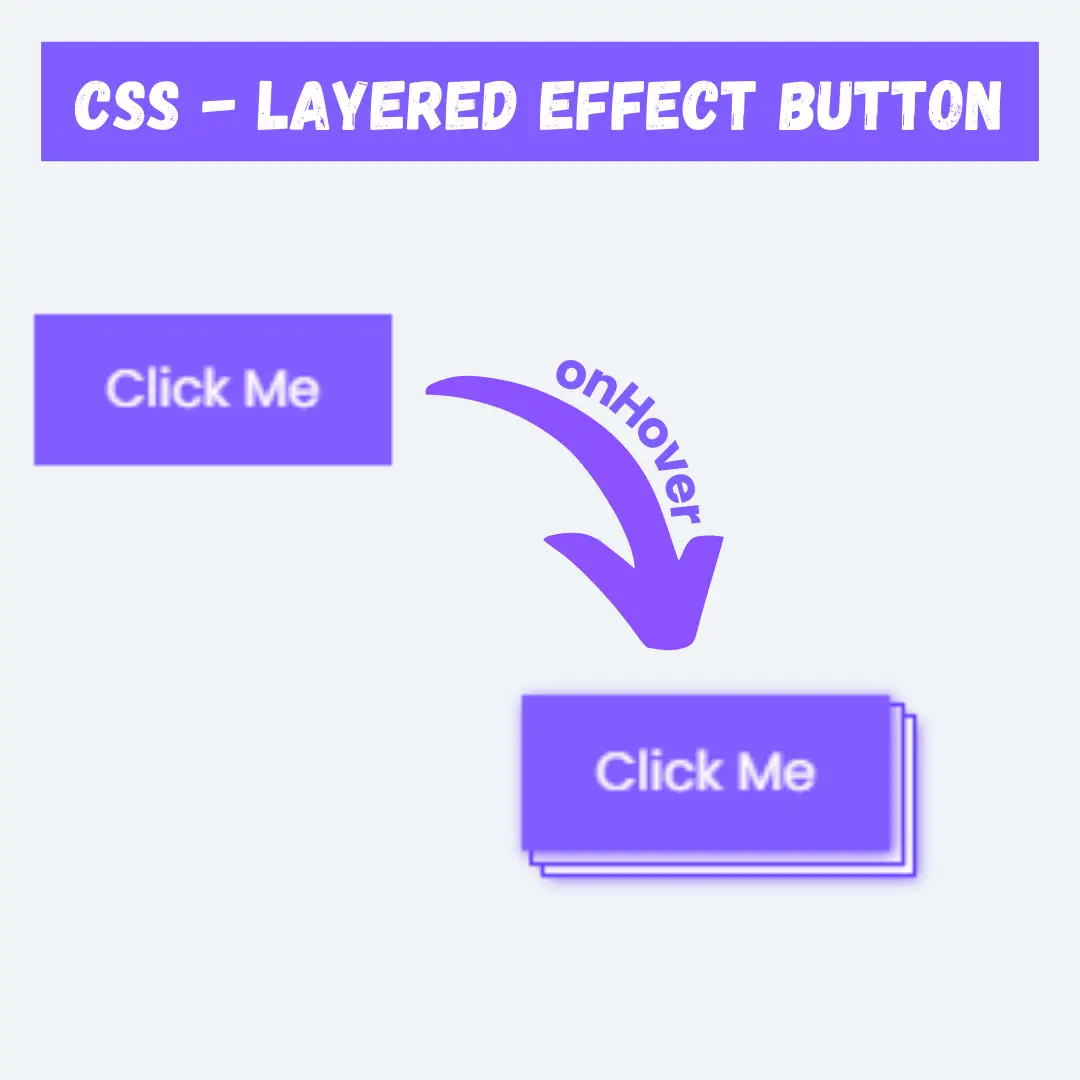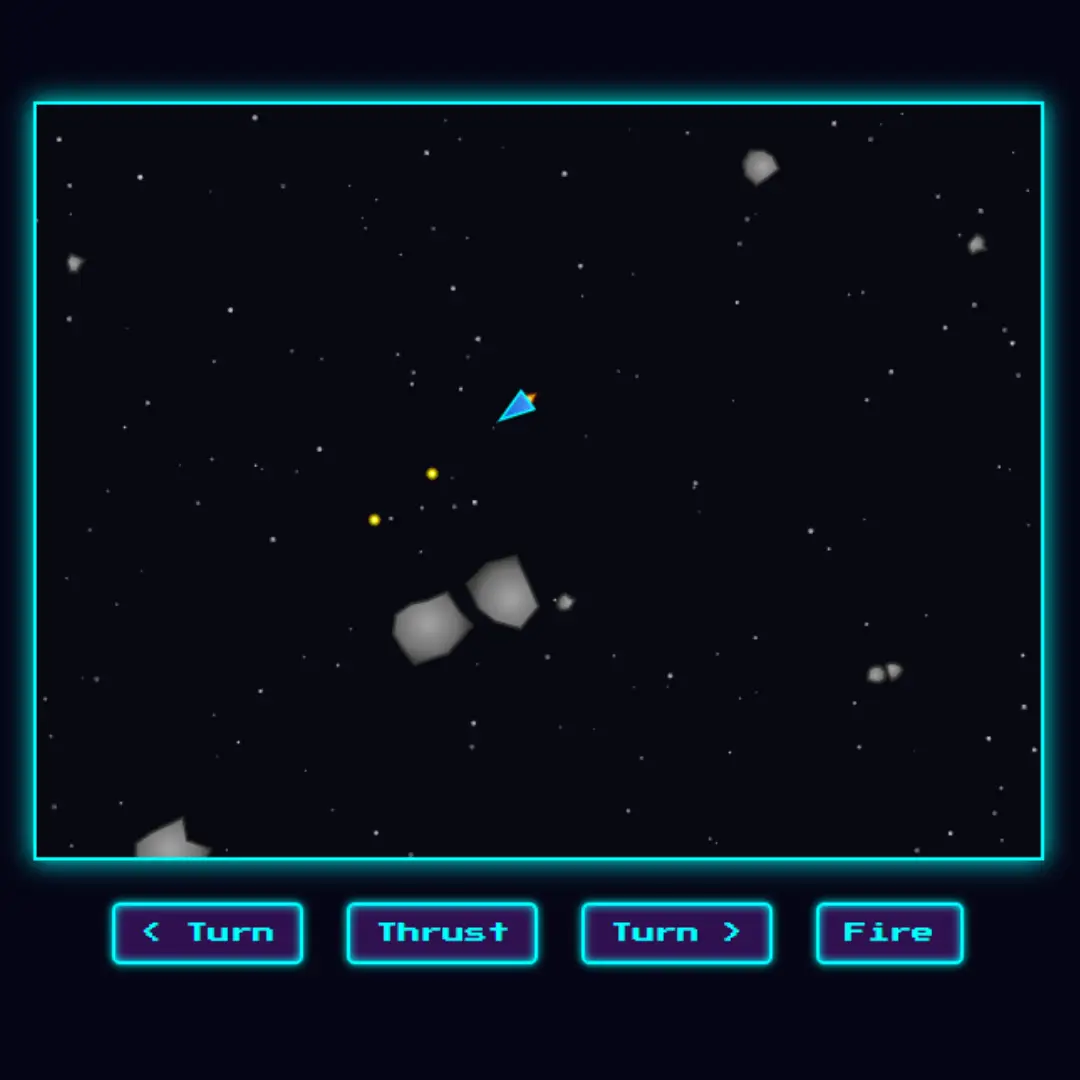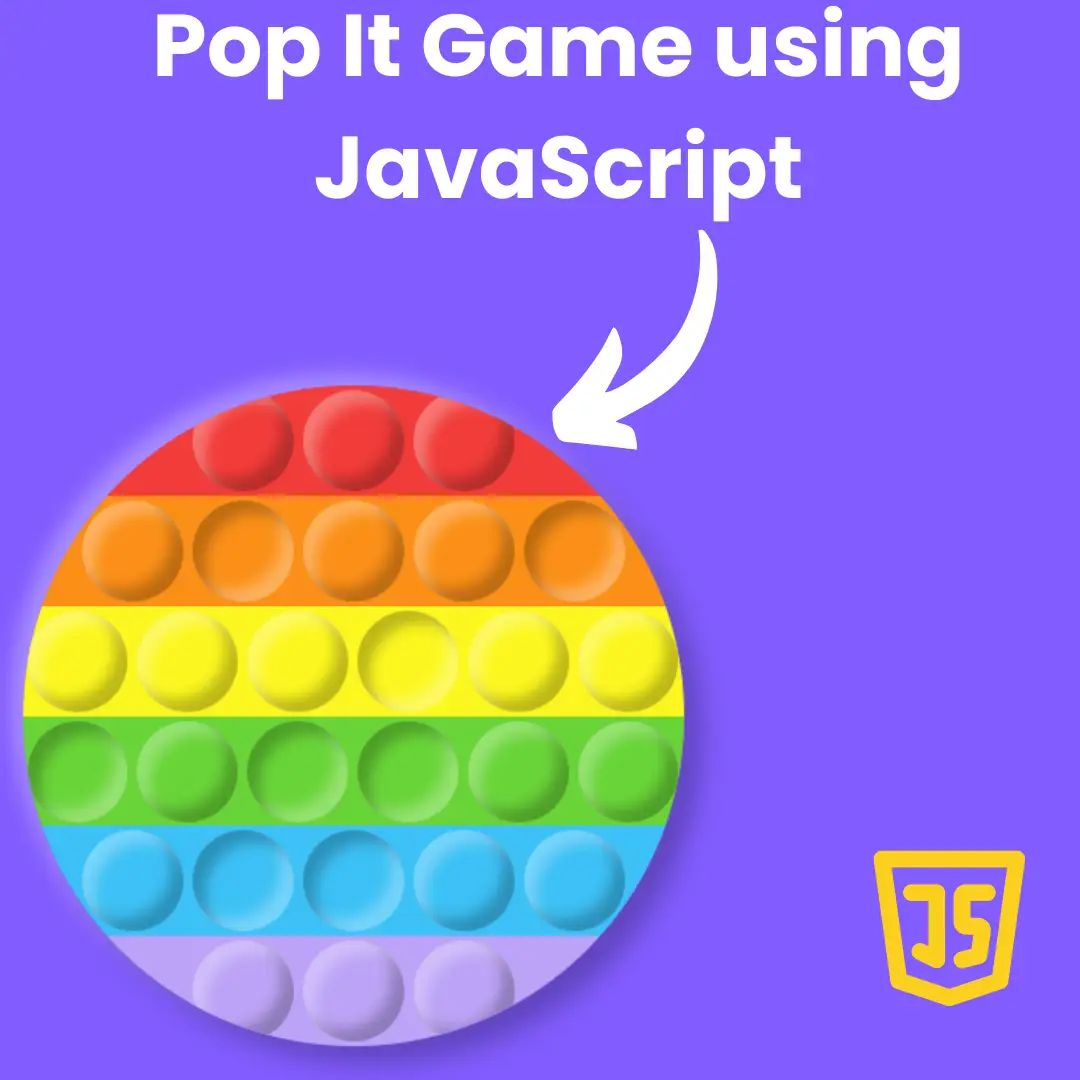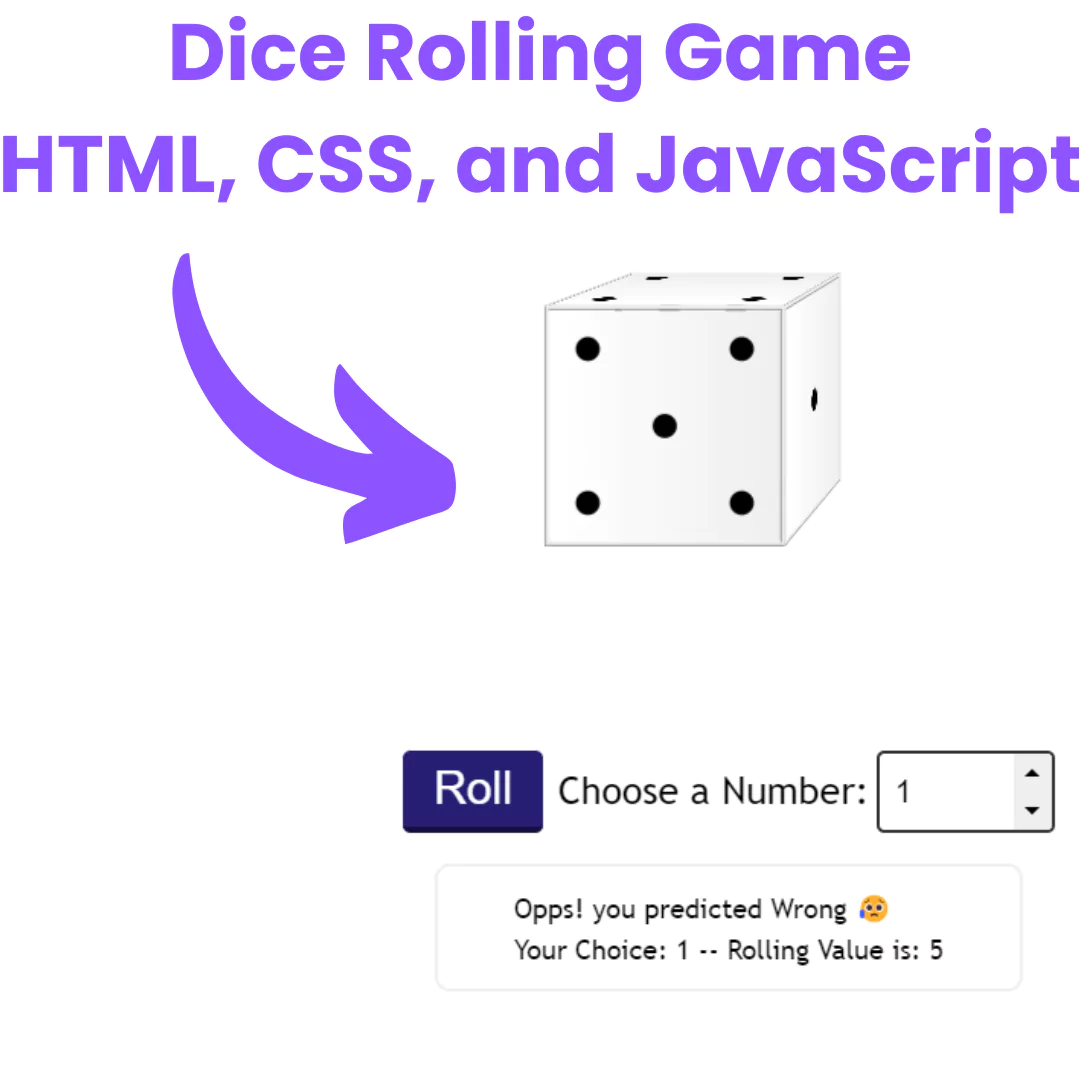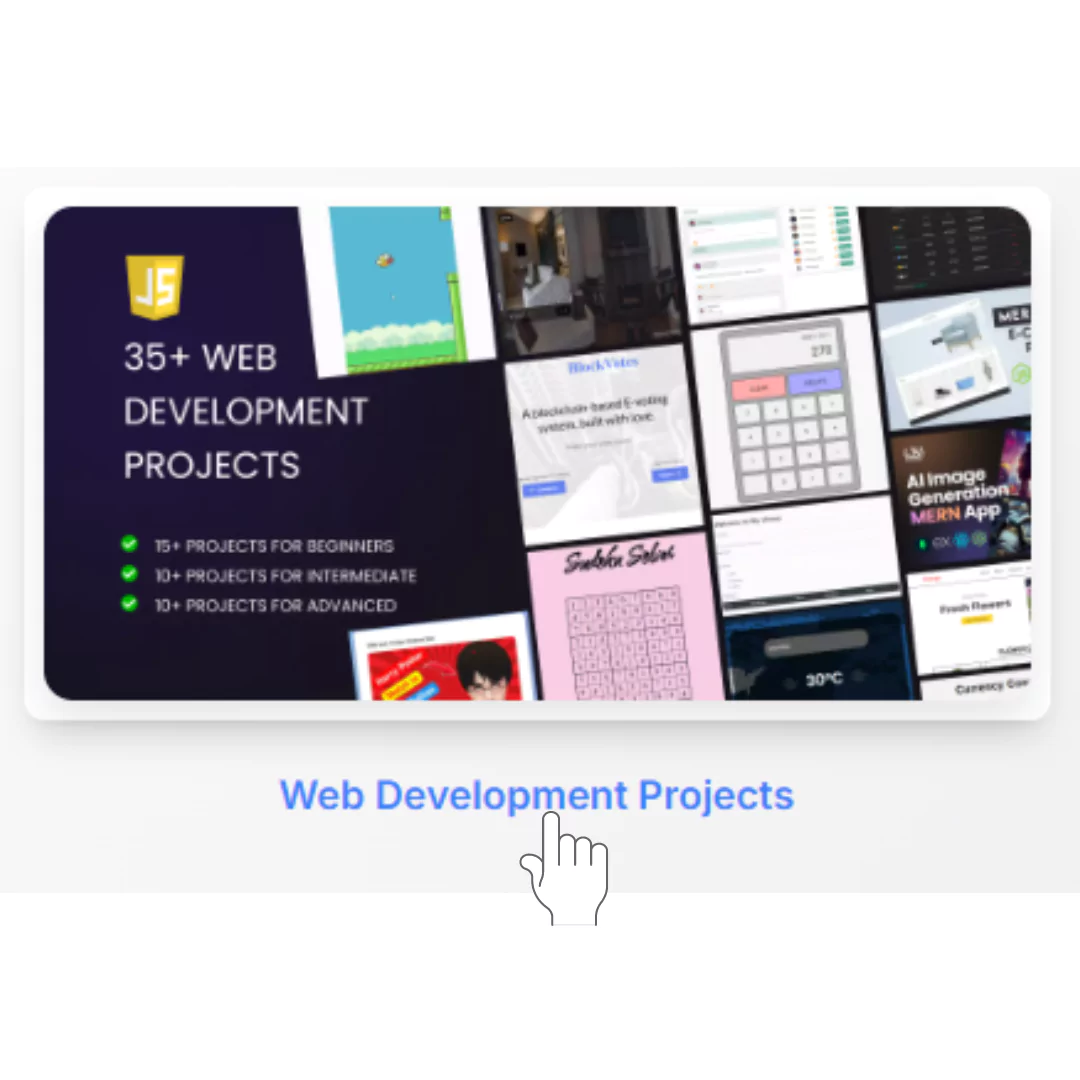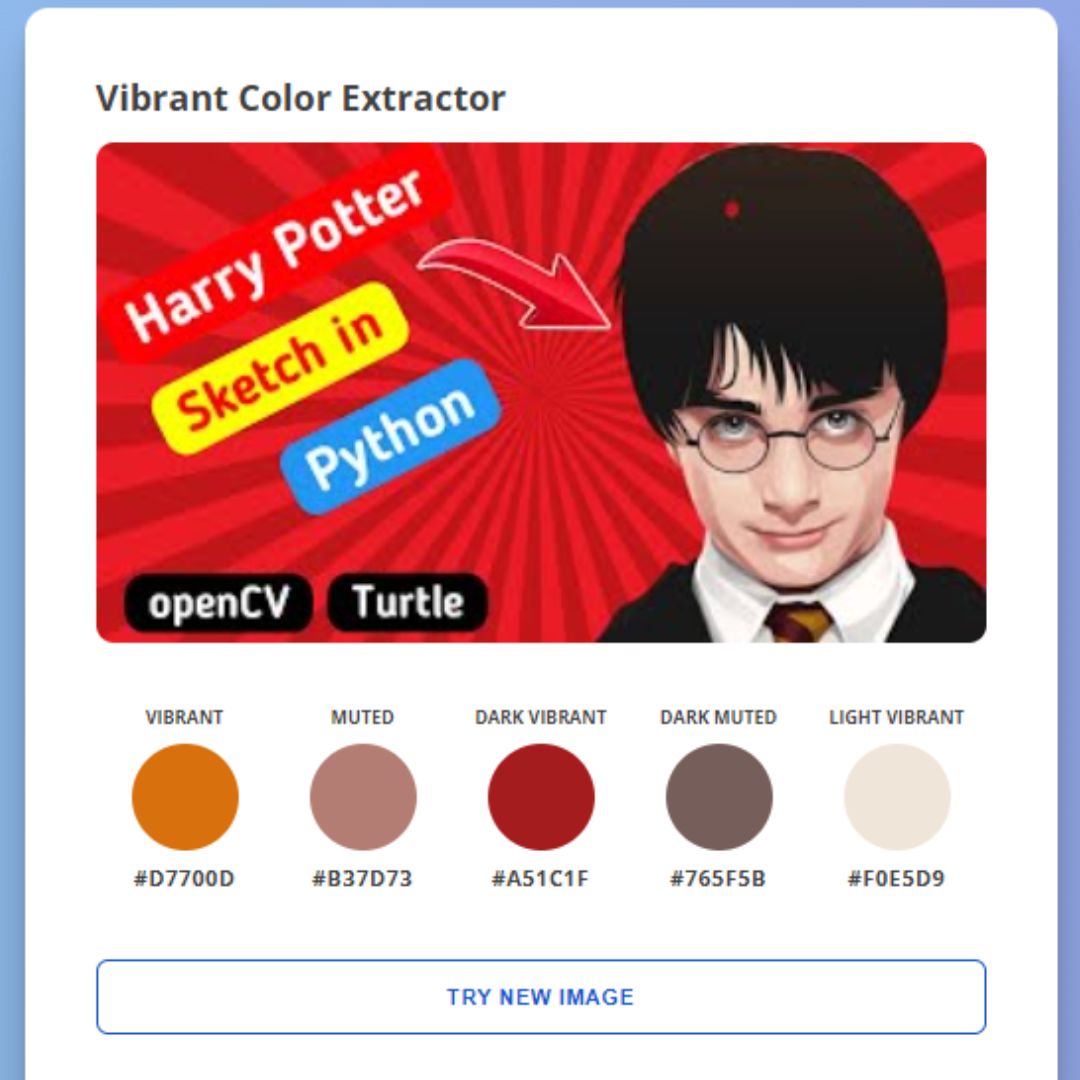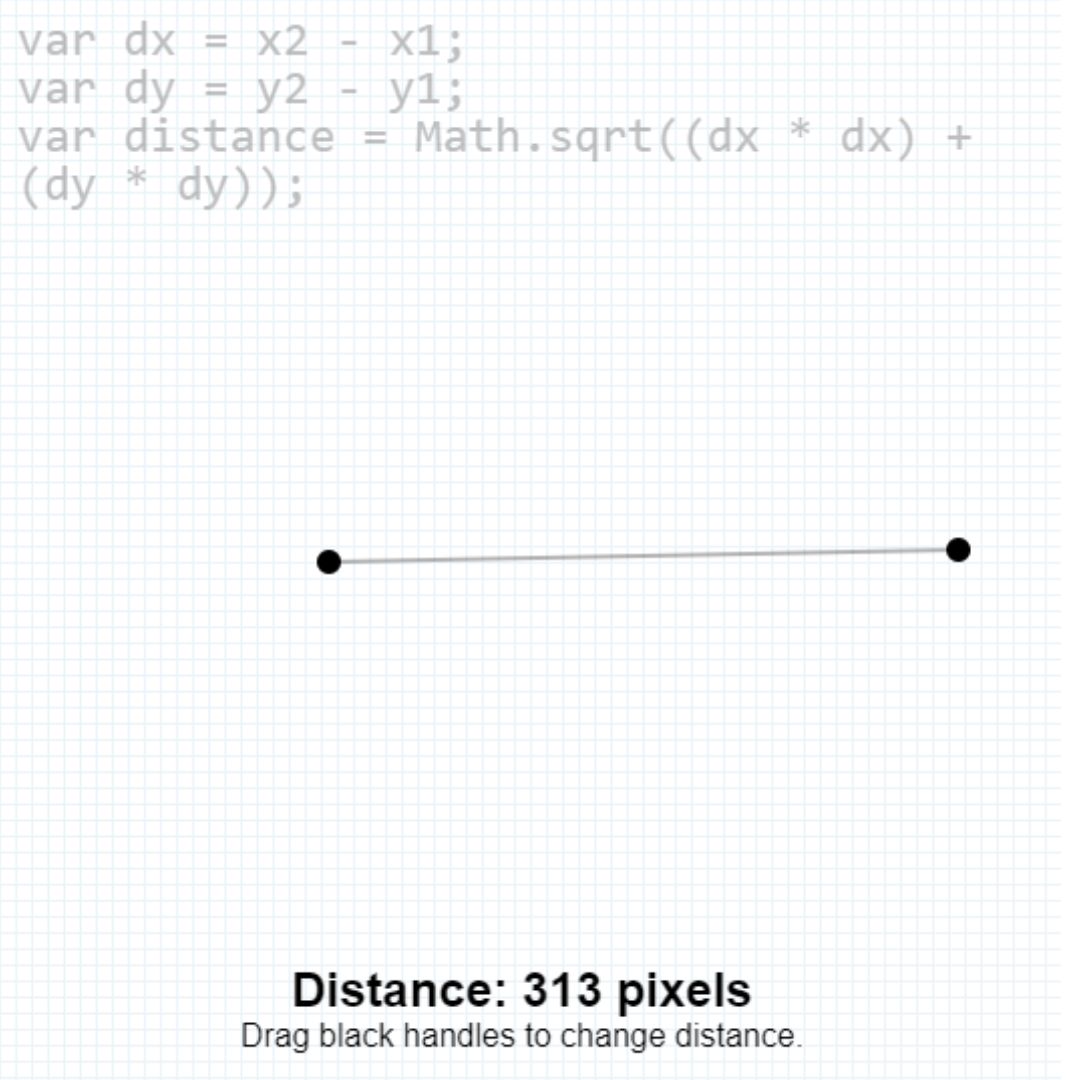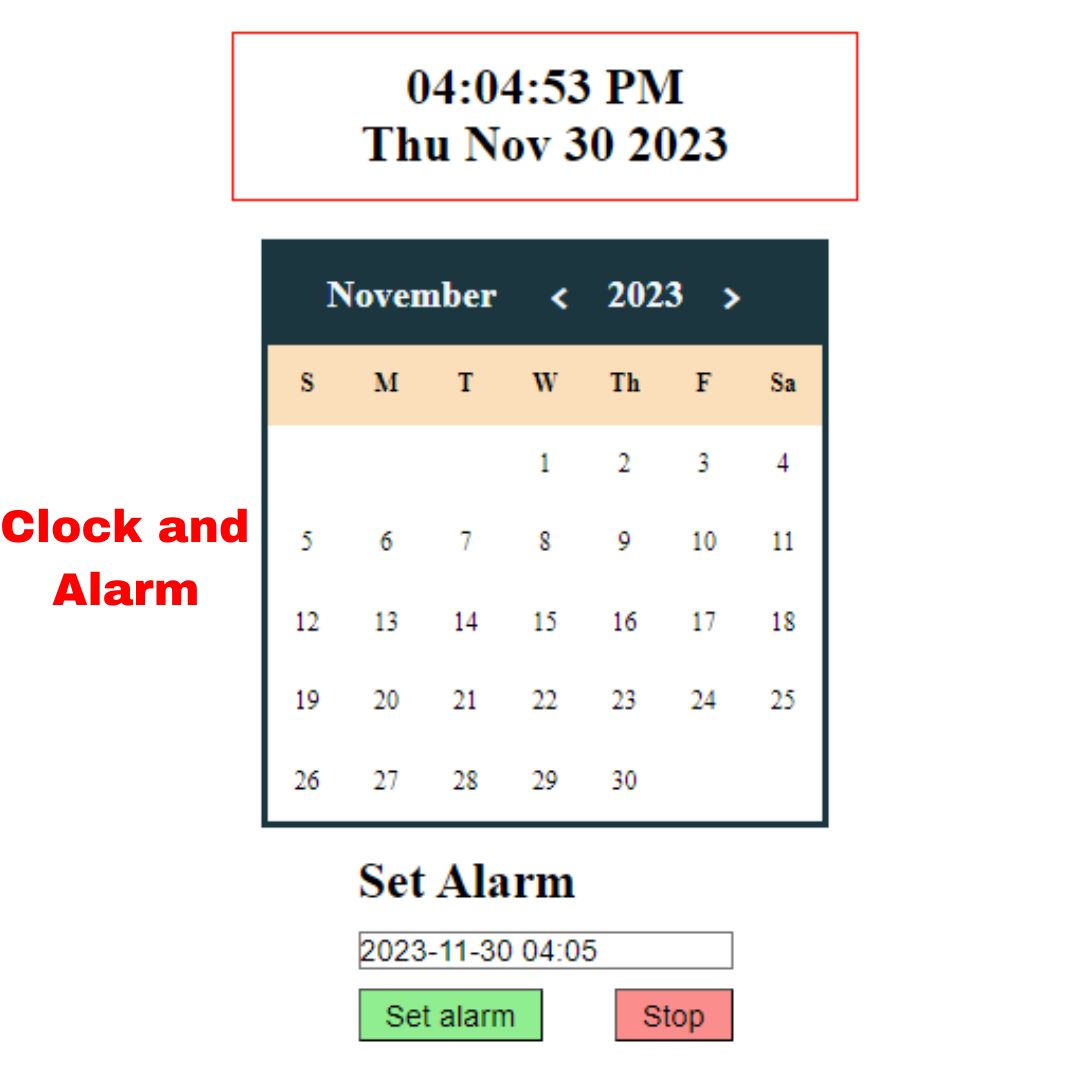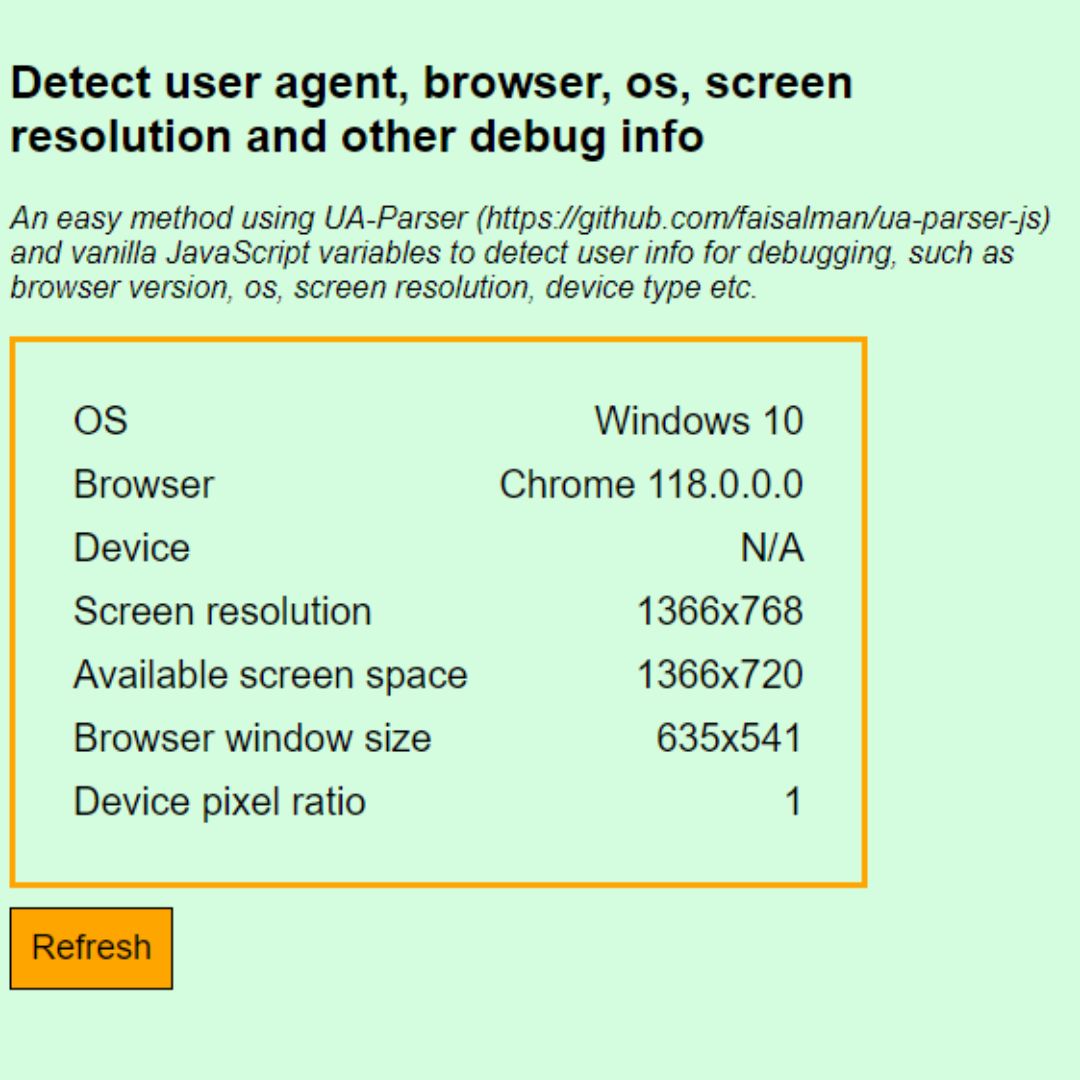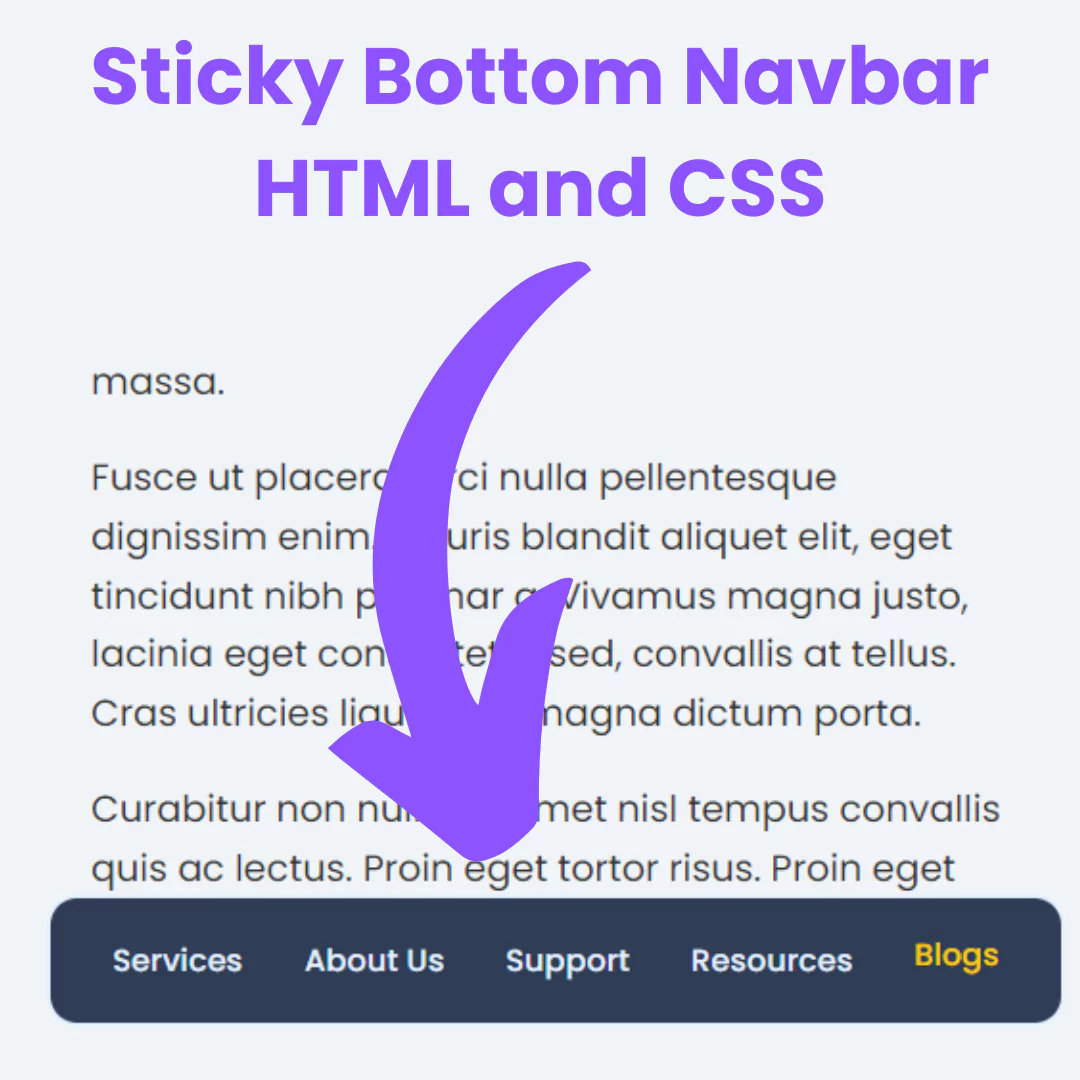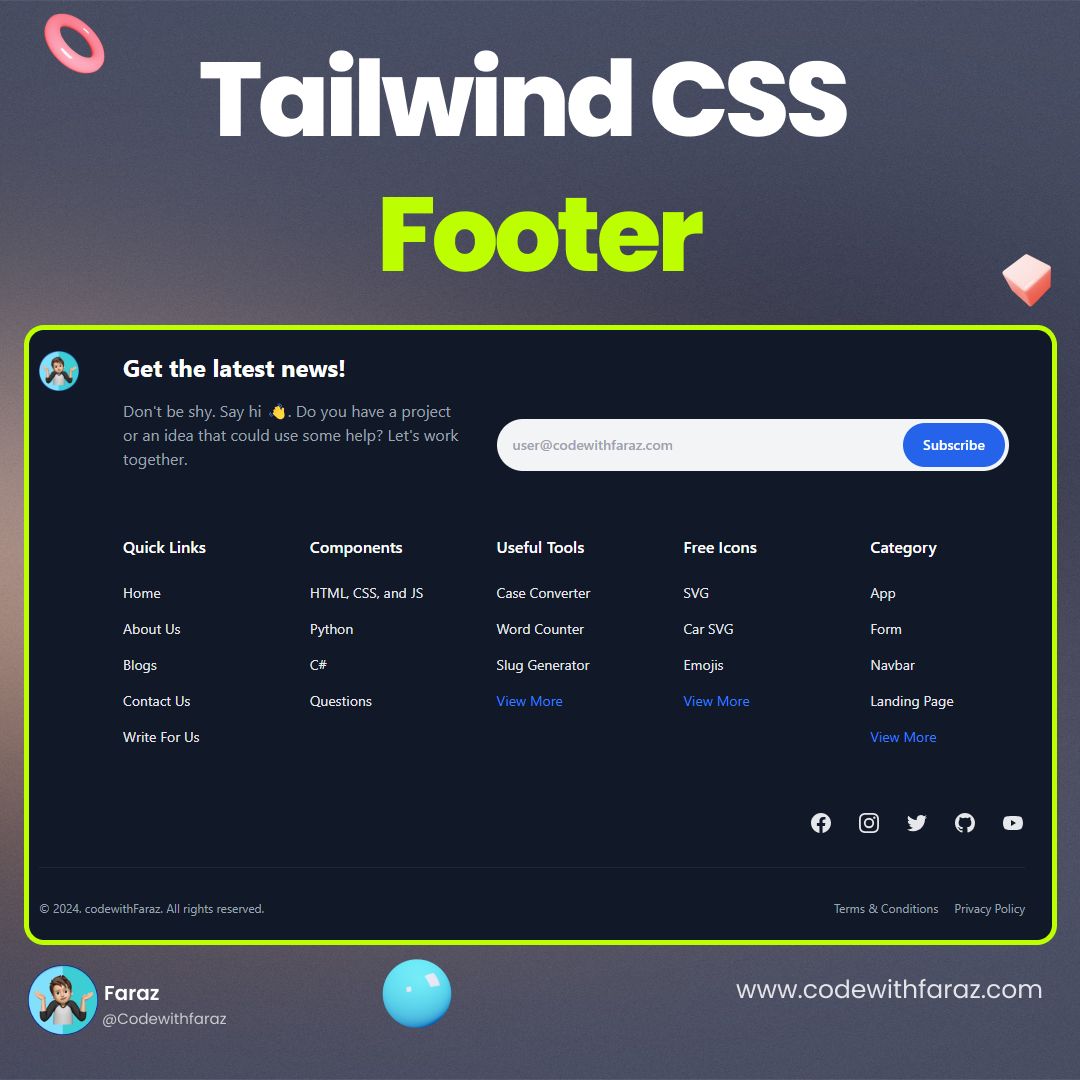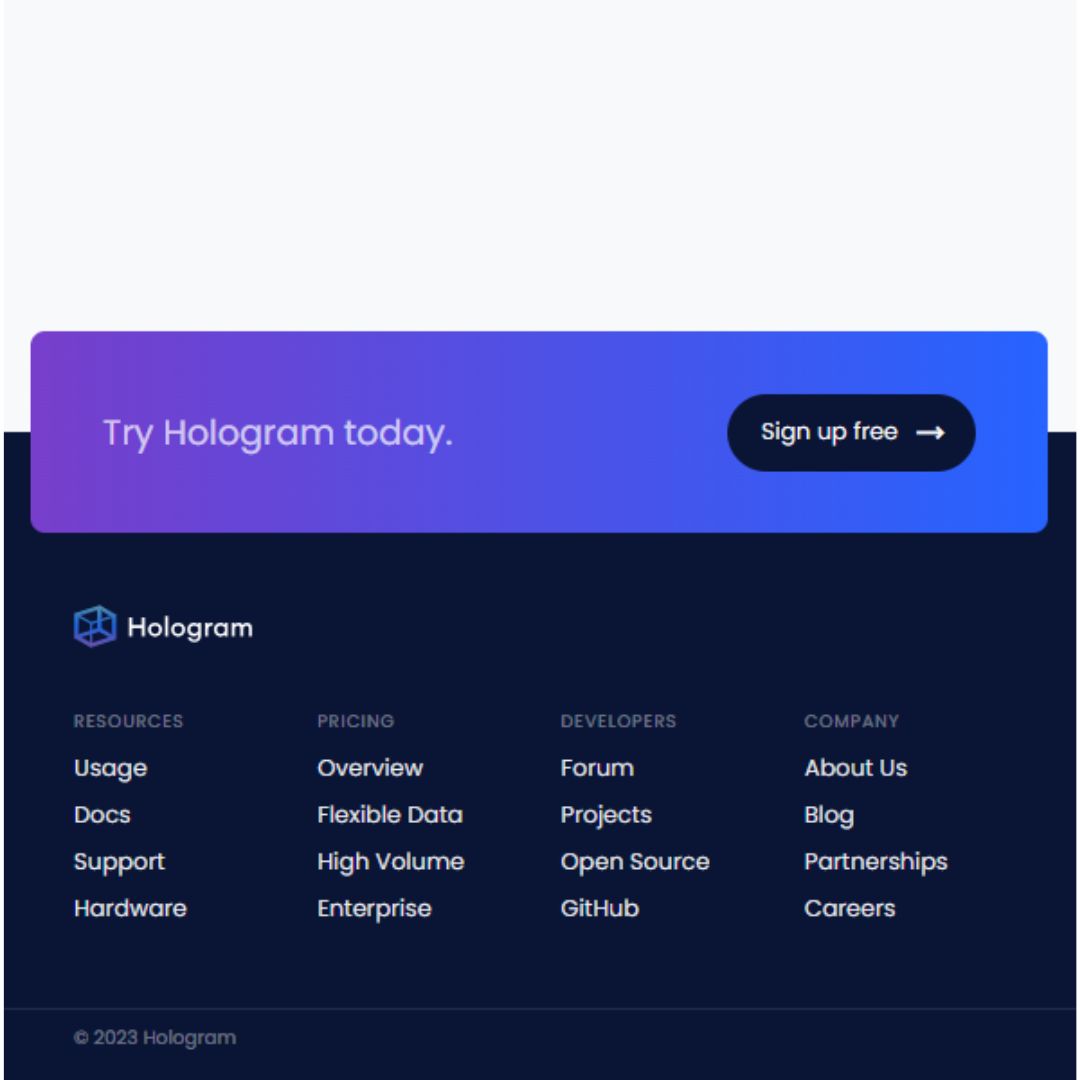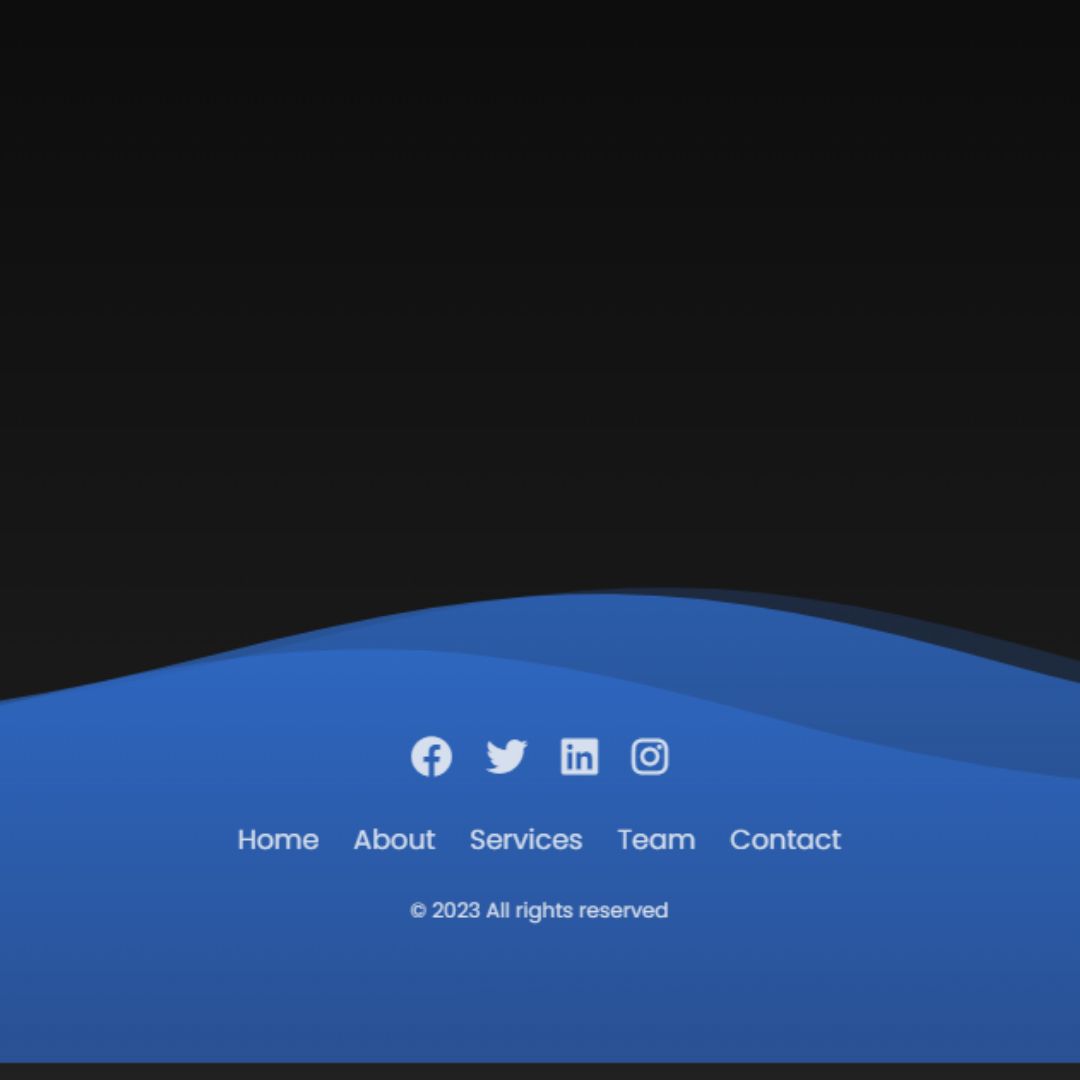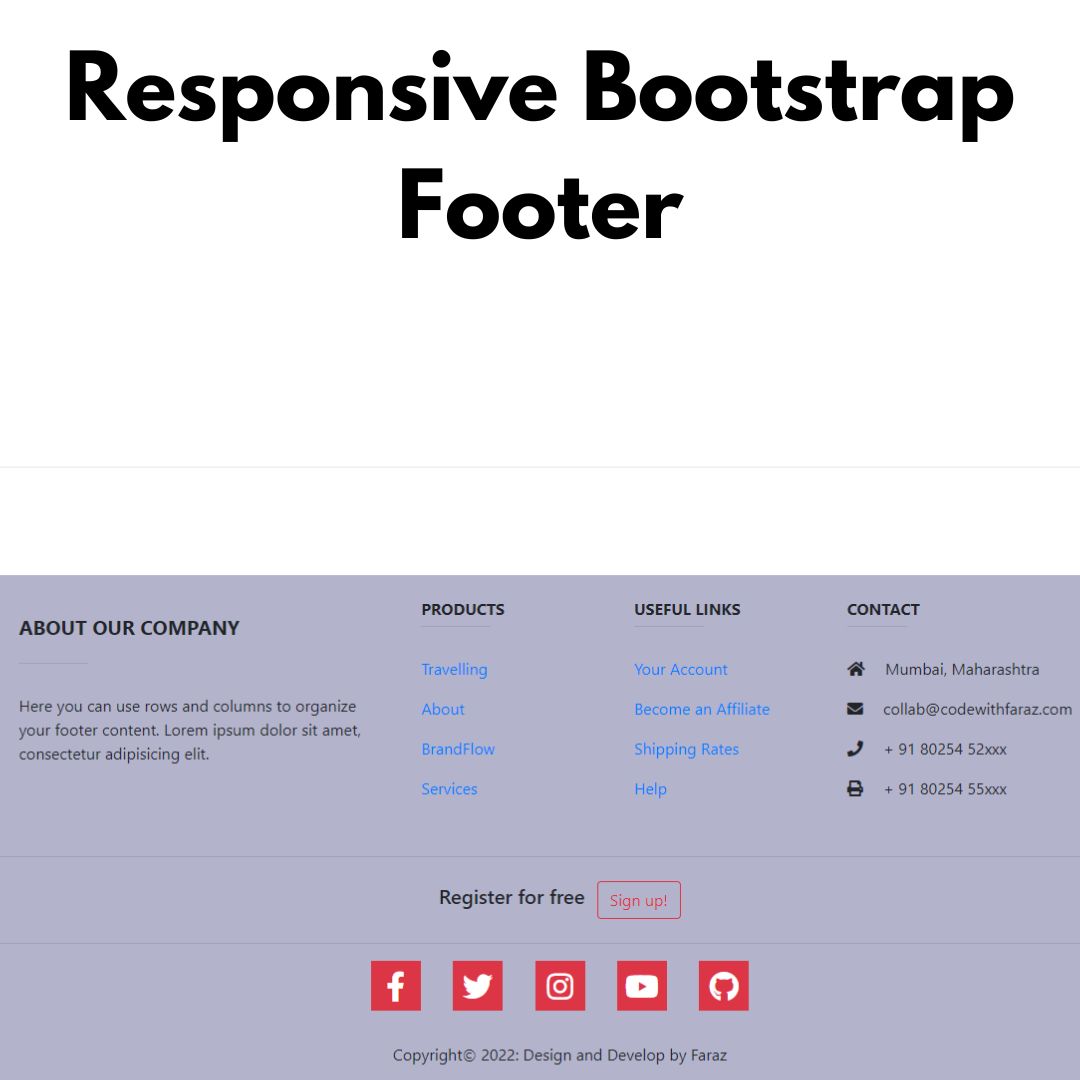Discover essential programming tips for beginners in the USA. Learn the best practices, choose the right language, and find helpful resources to kickstart your coding journey.

Table of Contents
- Introduction
- Tip 1: Choose the Right Programming Language
- Tip 2: Start with the Basics
- Tip 3: Practice Regularly
- Tip 4: Build Simple Projects
- Tip 5: Utilize Online Resources
- Tip 6: Learn to Debug Code
- Tip 7: Understand Version Control
- Tip 8: Work on Open Source Projects
- Tip 9: Join a Coding Community
- Tip 10: Stay Updated with Industry Trends
- Common Challenges and How to Overcome Them
- Conclusion
- FAQs
Introduction
So, you’ve decided to dive into the world of programming—congrats! In today’s digital age, programming skills are incredibly valuable. Whether you’re aiming for a career in tech or just want to pick up a new hobby, learning to code is a fantastic investment in your future. Especially in the USA, where the tech industry is booming, the demand for skilled programmers is higher than ever.
Tip 1: Choose the Right Programming Language
Popular Languages for Beginners
When starting out, it’s crucial to choose a programming language that suits your goals and interests. Popular beginner-friendly languages include:
- Python: Known for its readability and simplicity.
- JavaScript: Essential for web development.
- Ruby: Great for building web applications.
- Java: Widely used and versatile.
Factors to Consider When Choosing a Language
Think about what you want to achieve. Are you interested in web development, data science, or mobile app development? Your goals will help guide your choice of language.
Tip 2: Start with the Basics
Fundamental Concepts to Learn First
Before diving into complex projects, make sure you have a strong grasp of the basics. Key concepts include:
- Variables and Data Types
- Control Structures (if-else statements, loops)
- Functions and Methods
- Basic Data Structures (arrays, lists, dictionaries)
Recommended Resources for Beginners
Websites like Codecademy, freeCodeCamp, and Coursera offer excellent introductory courses. Books such as "Automate the Boring Stuff with Python" are also highly recommended.
Tip 3: Practice Regularly
The Importance of Consistent Practice
Consistency is key when learning to code. Regular practice helps reinforce new concepts and improves your problem-solving skills. Aim to code a little every day, even if it’s just for 20 minutes.
Setting Up a Coding Schedule
Create a realistic schedule that fits your lifestyle. Use apps like Habitica or Trello to keep track of your progress and set reminders.
Tip 4: Build Simple Projects
Examples of Beginner-Friendly Projects
Start with small, manageable projects such as:
How to Choose a Project
Pick projects that interest you and align with your learning goals. This keeps you motivated and allows you to apply what you’ve learned in a practical way.
Tip 5: Utilize Online Resources
Popular Coding Websites and Tutorials
Take advantage of the large number of online resources available. Some popular ones include:
- Codecademy
- freeCodeCamp
- Khan Academy
- YouTube channels like Traversy Media and The Net Ninja
Forums and Online Communities
Join forums and communities like Stack Overflow, Reddit’s r/learnprogramming, and Discord coding groups. These platforms are great for getting help and connecting with fellow learners.
Tip 6: Learn to Debug Code
Common Debugging Techniques
Learning to debug is an essential skill for any programmer. Common techniques include:
- Print Statements: Print variables to track their values.
- Rubber Duck Debugging: Explain your code line by line to an inanimate object or a friend.
- Divide and Conquer: Break your code into smaller parts to isolate the problem.
Tools to Help with Debugging
Tools like Visual Studio Code, PyCharm, and browser developer tools can be incredibly helpful in identifying and fixing bugs.
Tip 7: Understand Version Control
Introduction to Git and GitHub
Version control is crucial for managing your code and collaborating with others. Git is the most popular version control system, and GitHub is a platform for hosting and sharing code repositories.
Basic Version Control Commands
Learn the basics of Git commands such as:
git init: Initialize a new repository.git add: Stage changes for commit.git commit: Commit staged changes.git push: Push changes to a remote repository.
Tip 8: Work on Open Source Projects
Benefits of Contributing to Open Source
Contributing to open-source projects helps you gain practical experience and connect with the programming community. It also looks great on your resume.
How to Get Started with Open Source
Find beginner-friendly projects on platforms like GitHub. Look for repositories labeled “good first issue” or “help wanted” to start contributing.
Tip 9: Join a Coding Community
Finding Local and Online Coding Groups
Being part of a coding community provides support, resources, and networking opportunities. Look for local meetups, hackathons, or join online communities on platforms like Meetup and Discord.
Networking Benefits for Programmers
Networking can open doors to job opportunities, mentorship, and collaborations. It’s a great way to learn from others and share your own knowledge.
Tip 10: Stay Updated with Industry Trends
Following Tech News and Blogs
The tech industry is constantly evolving. Stay informed by following tech news websites, blogs, and podcasts. Some popular sources include:
- TechCrunch
- Hacker News
- Smashing Magazine
- The Verge
Attending Workshops and Webinars
Participate in workshops, webinars, and online courses to keep your skills up-to-date and learn about new technologies and best practices.
Common Challenges and How to Overcome Them
Dealing with Imposter Syndrome
Feeling like you’re not good enough is common among programmers. Remember that everyone starts somewhere and learning is a continuous journey. Seek support from your community and celebrate your progress.
Managing Time Effectively
Balancing coding with other responsibilities can be challenging. Prioritize your tasks, set realistic goals, and make use of time management tools like Todoist or Notion.
Conclusion
Starting your programming journey can be overwhelming, but with the right approach and resources, it’s entirely achievable. Remember to choose the right language, start with the basics, and practice regularly. Engage with the community, work on projects, and stay updated with industry trends. Most importantly, be patient with yourself and enjoy the learning process.
FAQs
Q1. What is the best programming language for beginners?
The best language depends on your goals. Python is often recommended for its simplicity, while JavaScript is essential for web development.
Q2. How much time should I dedicate to learning programming?
Consistency is more important than duration. Aim for at least 20-30 minutes daily to build a solid foundation.
Q3. Can I learn programming on my own?
Absolutely! Many successful programmers are self-taught. Utilize online resources, join communities, and practice regularly.
Q4. What are some good resources for learning programming?
Websites like Codecademy, freeCodeCamp, and Khan Academy are excellent starting points. Books and YouTube tutorials can also be very helpful.
Q5. How can I stay motivated while learning to code?
Set achievable goals, work on projects that interest you, and join a supportive community. Celebrate your progress and don’t be afraid to seek help when needed.
That’s a wrap!
Thank you for taking the time to read this article! I hope you found it informative and enjoyable. If you did, please consider sharing it with your friends and followers. Your support helps me continue creating content like this.
Stay updated with our latest content by signing up for our email newsletter! Be the first to know about new articles and exciting updates directly in your inbox. Don't miss out—subscribe today!
If you'd like to support my work directly, you can buy me a coffee . Your generosity is greatly appreciated and helps me keep bringing you high-quality articles.
Thanks!
Faraz 😊


